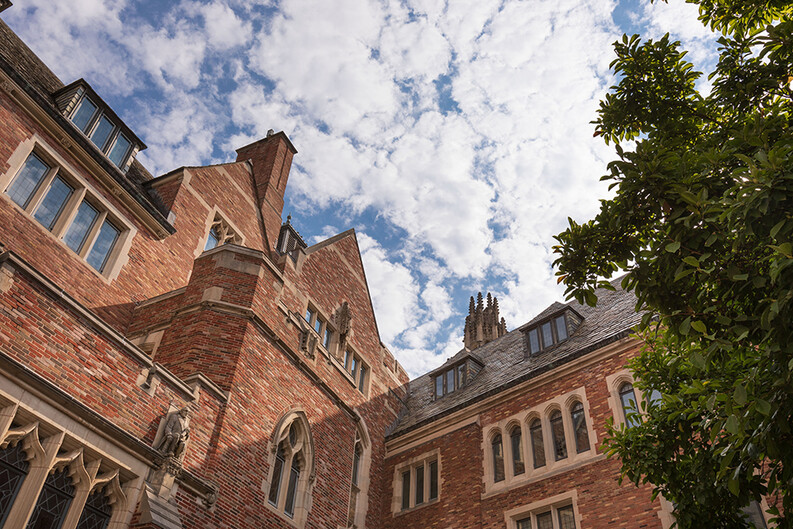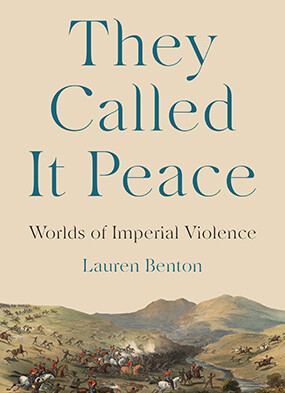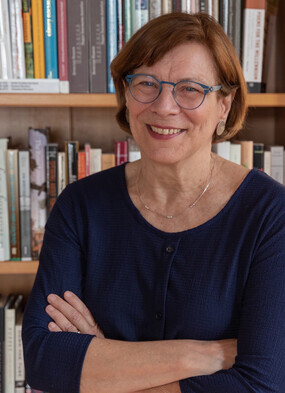When “Small” Wars Are a Prelude to Atrocities

In her new book They Called It Peace: Worlds of Imperial Violence (Princeton University Press, 2024), Lauren Benton4 charts the history of so-called small wars in European empires. She describes a state of perpetual war in which fighting occurred in seemingly discrete conflicts between interludes of unstable peace. The book shows that “small” violence often served as a prelude to atrocities in empires.

Benton, the Barton M. Biggs Professor of History and Professor of Law, traces these patterns across five centuries. Early conquests featured cycles of raids, sieges, truces, and horrific acts of reprisal. In the 19th century, imperial armies and navies acted as enforcers of global order. They turned series of brief interventions into sustained campaigns of violence against Indigenous communities.
The subject of imperial violence is too vast for a comprehensive account, Benton explains, but They Called It Peace is global in scope. Benton analyzes exemplary conflicts in North and South America, Africa, South Asia, and the Pacific world. The book tracks violence in the Spanish and British empires and incorporates conflicts in the French, Portuguese, and Dutch empires.
Benton describes her book as a legal history, not a study of military tactics. She approaches the evolution and application of the laws of war from the perspective of European and Indigenous participants in colonial conflicts. The result, Benton writes, is to treat law as “bigger than doctrine and less tidy than systems of rules and norms.”
“Writing this book,” Benton reflects, “has helped me, more than I imagined it would, to think critically about war in my own time.” The book’s conclusion points to continuities from imperial violence to aspects of the “war on terror” and the Ukraine war.

Still, Benton is careful in describing what the book can teach about war and peace today. Histories of imperial violence, she suggests, mainly serve to warn us “to temper our expectations about humanity’s capacity to keep small wars small.” They also remind us that even seemingly minor conflicts make fertile ground for atrocities.
Awarded the Toynbee Prize for significant contributions to global history, Benton has written numerous other works about the legal history of European empires. Her previous books include Rage for Order: The British Empire and the Origins of International Law, 1800–1850 (with Lisa Ford) (Harvard University Press, 2016) and A Search for Sovereignty: Law and Geography in European Empires, 1400–1900 (Cambridge University Press, 2010). She holds an A.B. from Harvard University and a Ph.D. from Johns Hopkins University and joined the Yale faculty in 2020.


